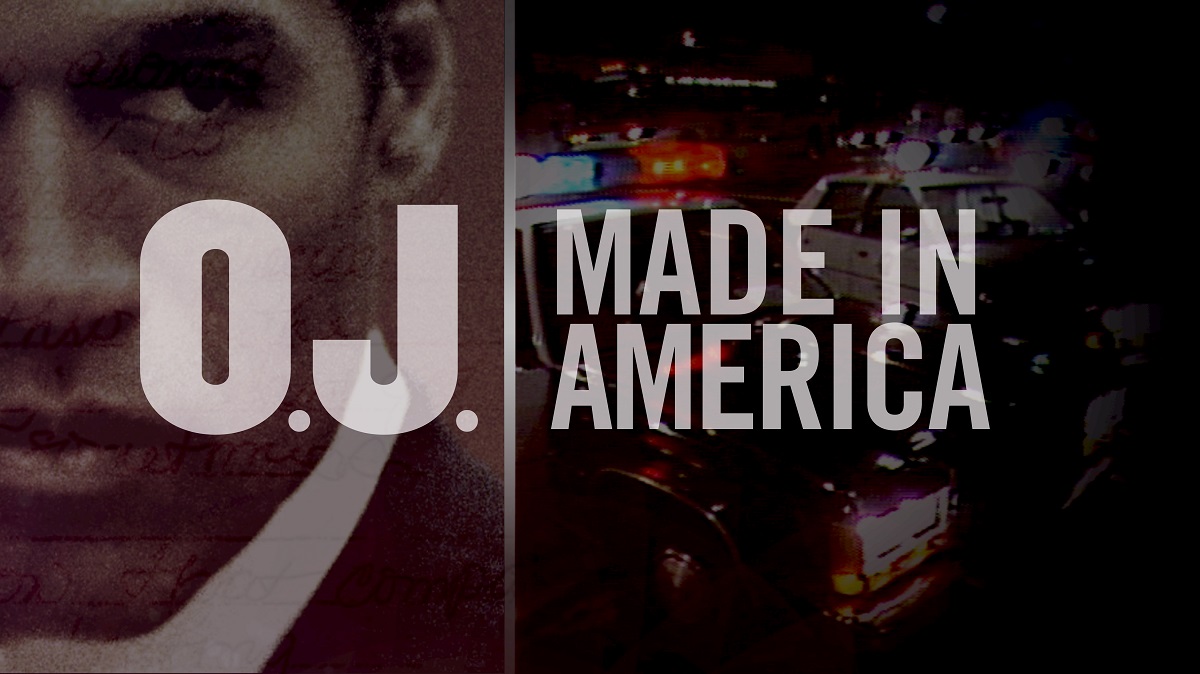 The year Orenthal James Simpson was acquitted of murdering his ex-wife Nicole Brown Simpson, and her friend Ron Goldman, I was entering Kindergarten. I vaguely remember the hoopla surrounding the trial, sitting on my father’s knee while he discussed it with his friends, or hovering around my mother and my aunts; my ears listening intently to “grown folks business”. The things that I heard at that time, I didn’t really grasp. As I grew older, especially as Simpson’s behavior became more publicly erratic leading up to his 2007 arrest and conviction, I formed my own opinions about the fallen man who in my eyes, was so obviously guilty of the heinous crimes. And yet for one moment in our country’s history, Simpson’s privilege without regard to his skin color let him slip through the system.
The year Orenthal James Simpson was acquitted of murdering his ex-wife Nicole Brown Simpson, and her friend Ron Goldman, I was entering Kindergarten. I vaguely remember the hoopla surrounding the trial, sitting on my father’s knee while he discussed it with his friends, or hovering around my mother and my aunts; my ears listening intently to “grown folks business”. The things that I heard at that time, I didn’t really grasp. As I grew older, especially as Simpson’s behavior became more publicly erratic leading up to his 2007 arrest and conviction, I formed my own opinions about the fallen man who in my eyes, was so obviously guilty of the heinous crimes. And yet for one moment in our country’s history, Simpson’s privilege without regard to his skin color let him slip through the system.
Though my generation has come to learn more about the egotistic football star and actor with projects like FX’s “The People v O.J. Simpson: American Crime Story”, it’s the moments leading up to the sensational trial that are absent from our imaginations. How did this affluent Black symbol living in this country during the ’90s get to this point?
Directed by ESPN’s “30 For 30” alum Ezra Edelman, “O.J.: Made In America” reaches back in time to find a stunningly handsome young running back from the San Francisco projects who would become The Man on USC’s lily white campus during the late 1960’s. During a time when the country was rife with racial tension and animosity, O.J. Simpson began seducing the public with his easy charm and football abilities, while simultaneously working to shed his blackness. Edelman takes a microscope to Simpson’s career and personal life, and then pans out, giving the viewer a sweeping scope of the racial climate of the United States and more specifically the migration of Black Americans to Los Angeles, California.
At the Museum of Moving Image last Thursday, I screened Parts 1&2 of “OJ: Made In America”, the first three hours of Edelman’s masterful five-part documentary saga. I found myself seduced and charmed by the magic of “The Juice”, while concurrently enraptured by the history of Black people living in L.A. from the mid-1960’s to the 1990’s. If you are ever going to watch anything on O.J. Simpson’s “O.J.: Made in America” is the project to see. The film looks well beyond the wholly ambitious athlete into the Watts riots, the killings of Eula Love and Latasha Harlins, the destruction of the apartments at 39th and Dalton and the beating of Rodney King. As much as this is a documentary on O.J., it’s one of the Black people living in Los Angeles during this time period, and a country that was able to create and sustain these polarizing worlds. It is perhaps one of the most compelling documentaries I’ve ever seen.
After the screening ended, Edelman sat down to chat about his two-year journey to complete the project, his narrative structure, and the things he left unsaid.
Continue Reading at Shadow and Act.
Image: ESPN

